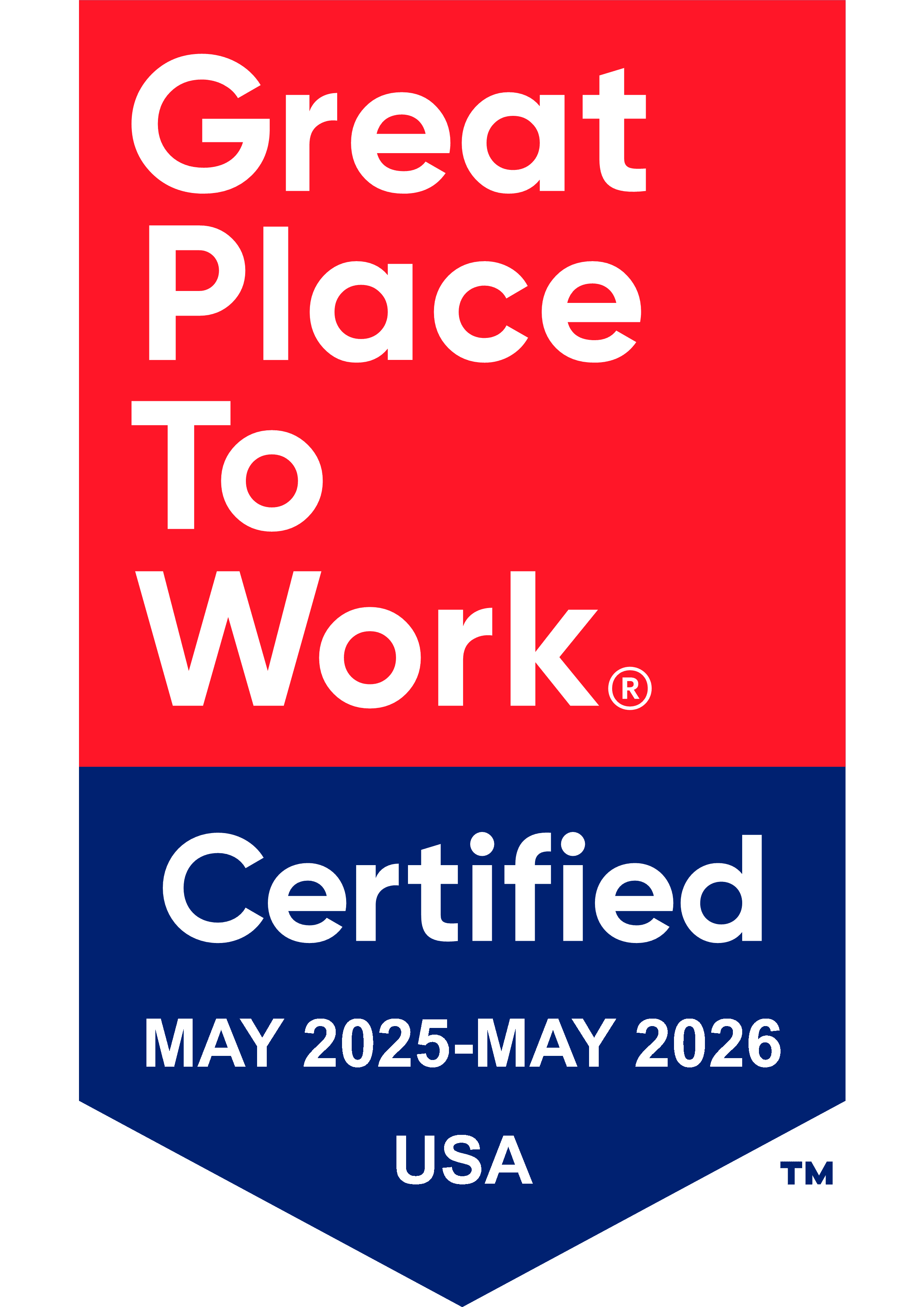
With National Medicine Abuse Awareness month in full swing, I am awe struck by all the amazing efforts led by the network of coalitions and their communities. I’ve been inspired by the actions taken by advocates and leaders like Gen. Arthur T. Dean and invaluable partners like Scholastic and McNeil in the fight to end medicine abuse.
It’s vital, as parents, to accept the role we play in prevention and education when it comes to over-the-counter medicine abuse and there are three key tips we should always keep in mind:
- Check that all medicines, vitamins, and supplements are stored away and out of sight of young children.
- Measure carefully and accurately. Keep the medicine and the dosing device it comes with, never use household spoons to measure.
- Adult supervision of all medication administration is required.
Some of these suggestions may seem simple and well known but we often forget the dangers associated with what sits within our medicine cabinets. We often trust our children and cannot fathom them abusing over-the-counter medicines. However, with purple drink, lean and other cocktails created using dextromethorphan (DXM), household medications have become the drug of choice for many of our pre-teens.
Coalitions are the perfect vehicle to deliver medicine safety messages to young people in the community. To help in that effort, CADCA and several of its coalitions assisted in revising content for the community section of the OTC Medicine Safety program’s curriculum, developed by Scholastic and the American Association of Poison Control Centers in partnership with McNeil Consumer Healthcare. The curriculum, aimed at 5th and 6th graders, raises awareness about the safe use of over-the-counter OTC medicines and provides resources to better equip educators, school nurses, parents and other community leaders with knowledge about responsible OTC medicine use and storage.
Prevention is the key and by embracing our parental roles, partnering with others and educating our community and our families; we accept responsibility head on and start the prevention movement at home! Outreach and education involves our friends, families and neighbors in the fight against addiction. Here’s how you can help:
Visit the Prevent Rx Abuse website to learn more about how to get involved and to download new CADCA social media and other resources for your coalition to use in your own awareness campaign.
Educate. The more we can help people understand the challenges addiction causes, the more solutions can be pushed forward.
Stay Connected. Sign up for CADCA news and join the conversation on Facebook and Twitter to keep up with the latest efforts and learn about new ways to get involved. Sign up for the CADCA 50 Challenge.
Your voice matters, and together, we have the power to protect our children, educate our families and advocate for our communities.
Kristin Sweeter is the Grant Coordinator for The Niskayuna Community Action Program, a CADCA member.


